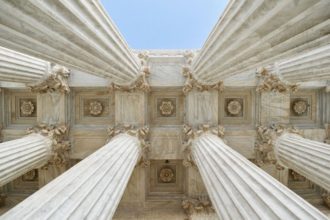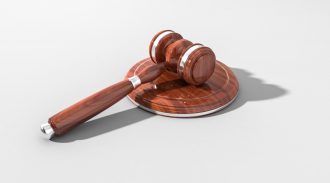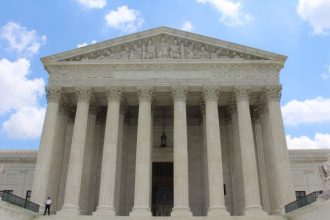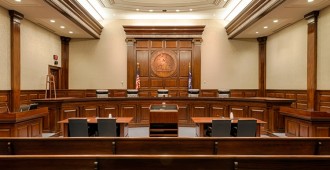
October 9, 2019
Oral Arguments in Peter v. NantKwest Suggest History and SCOTUS Favor Applicant’s Position that Attorneys’ Fees Are Not “Expenses”
The Supreme Court began its 2019 Term on Monday with Peter v. NantKwest Inc. — a case of particular interest to patent applicants and their attorneys.
Patent applicants disappointed with the PTAB’s decision have the option of appealing to the Court of Appeals for the Federal Circuit under 35 U.S.C. 141, or suing the Patent Office in the Eastern District of Virginia under 35 USC 145. Suing the Patent Office offers the applicant the important advantage of having the ability to introduce new evidence (Hyatt v. Kappos). This advantage comes with the cost of the applicant being liable for the Patent Office’s “expenses,” however. This is the basis of the issue before the Court: whether or not the Patent Office’s “expenses” include the Patent Office’s attorney’s fees.
The Patent Office opened the argument with three points:
- “Expenses” unambiguously encompasses money paid to employees or other personnel.
- Requiring applicant’s to personnel is consistent with the overall statutory scheme of having applicant’s pay their way in the Patent Office.
- Requiring applicants to pay personnel expenses is appropriate because they can alternatively appeal to the Federal Circuit and avoid these expenses.
Several of the justices appeared skeptical. Justice Ginsburg focused on the fact that in no other statute (save the parallel trademark statute) did “expenses” alone include attorney’s fees. Justice Kavanaugh focused on the “radical departure” of awarding attorneys’ fees against a prevailing party.
The Patent Office tried to keep the focus on the pay-as-you-go aspect of Section 145’s expense shifting, and the potential unfairness of shifting those expenses to other applicants. Justice Breyer seemed concerned with the Patent Office’s inconsistency on this point, having only recently attempting to recover attorneys’ fees as expenses.
NantKwest also raised three points:
- That the American Rule is a “bedrock” principle.
- The Patent Office was arguing for a radical departure from that bedrock principle, even in cases where the Patent Office is “flatly wrong.”
- Echoing Justice Ginsburg’s concern, there are 3274 federal statutes that reference “expenses” without any reference to attorneys’ fees, and the only statutes argued to include attorneys’ fees are Section 145 and its trademark analog.
Justice Ginsburg pressed NantKwest on whether there was any language short of explicitly referencing attorneys’ fees that might overcome the American Rule, and was told that those words or their equivalent were necessary. Justices Kagen and Kavanaugh pursued the point, but NantKwest maintained that exceptions to the American Rule must be specific and explicit.
Justice Breyer continued his thread of the inconsistency of the Patent Office’s position over the years, to which Justice Alito suggested that this might be indicative of the true meaning of expenses.
NantKwest made a final point that the Patent Office’s interpretation of “expenses,” if accepted, could impact other statutory uses of the word “expenses.”
Overall, there appeared to be skepticism on the part of the Justices that the word “expenses” alone is enough to include attorneys’ fees. While the shifting of costs to other applicants might be a concern, the fact that the Patent Office overall recoups its costs, and the small subsidy by other applicants seemed to address these concerns. In the end, it may be the Patent Office’s interpretation of the statute for so many years as not including attorneys’ fees that helps the Court construe “expenses.”
Based on the tenor of the questioning, it looks as if the Federal Circuit is will get a rare win, and patent applicants and their attorneys as well.




































